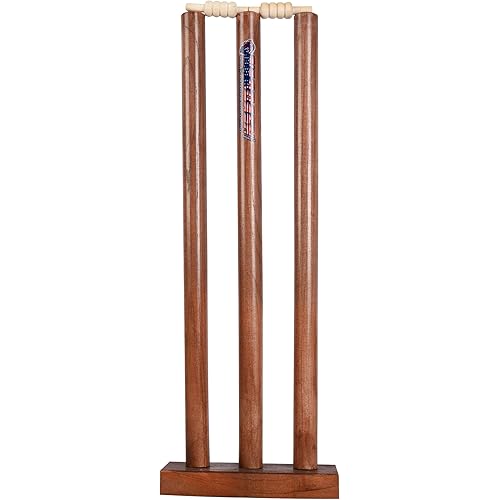And God Created Cricket: An Irreverent History of the English Game and How Other People (like Australians) Got Annoyingly Good at it


Buy Now, Pay Later
- – 4-month term
- – No impact on credit
- – Instant approval decision
- – Secure and straightforward checkout
Ready to go? Add this product to your cart and select a plan during checkout.
Payment plans are offered through our trusted finance partners Klarna, Affirm, Afterpay, Apple Pay, and PayTomorrow. No-credit-needed leasing options through Acima may also be available at checkout.
Learn more about financing & leasing here.
30-day refund/replacement
To qualify for a full refund, items must be returned in their original, unused condition. If an item is returned in a used, damaged, or materially different state, you may be granted a partial refund.
To initiate a return, please visit our Returns Center.
View our full returns policy here.
Recently Viewed
Description
Simon Hughes has written an entertaining and irreverent analysis of the history of cricket, taking us beyond the sporting myths of the game to some of its lesser known, more colourful stories and to the heart of what it really means to be English. From the Hardcover edition. Read more
Publisher : Black Swan
Publication date : May 10, 2010
Language : English
Print length : 352 pages
ISBN-10 : 0552775061
ISBN-13 : 69
Item Weight : 11.3 ounces
Dimensions : 5.12 x 1.12 x 7.81 inches
Best Sellers Rank: #1,809,316 in Books (See Top 100 in Books) #154 in Cricket (Books)
#154 in Cricket (Books):
Frequently asked questions
To initiate a return, please visit our Returns Center.
View our full returns policy here.
- Klarna Financing
- Affirm Pay in 4
- Affirm Financing
- Afterpay Financing
- PayTomorrow Financing
- Financing through Apple Pay
Learn more about financing & leasing here.























